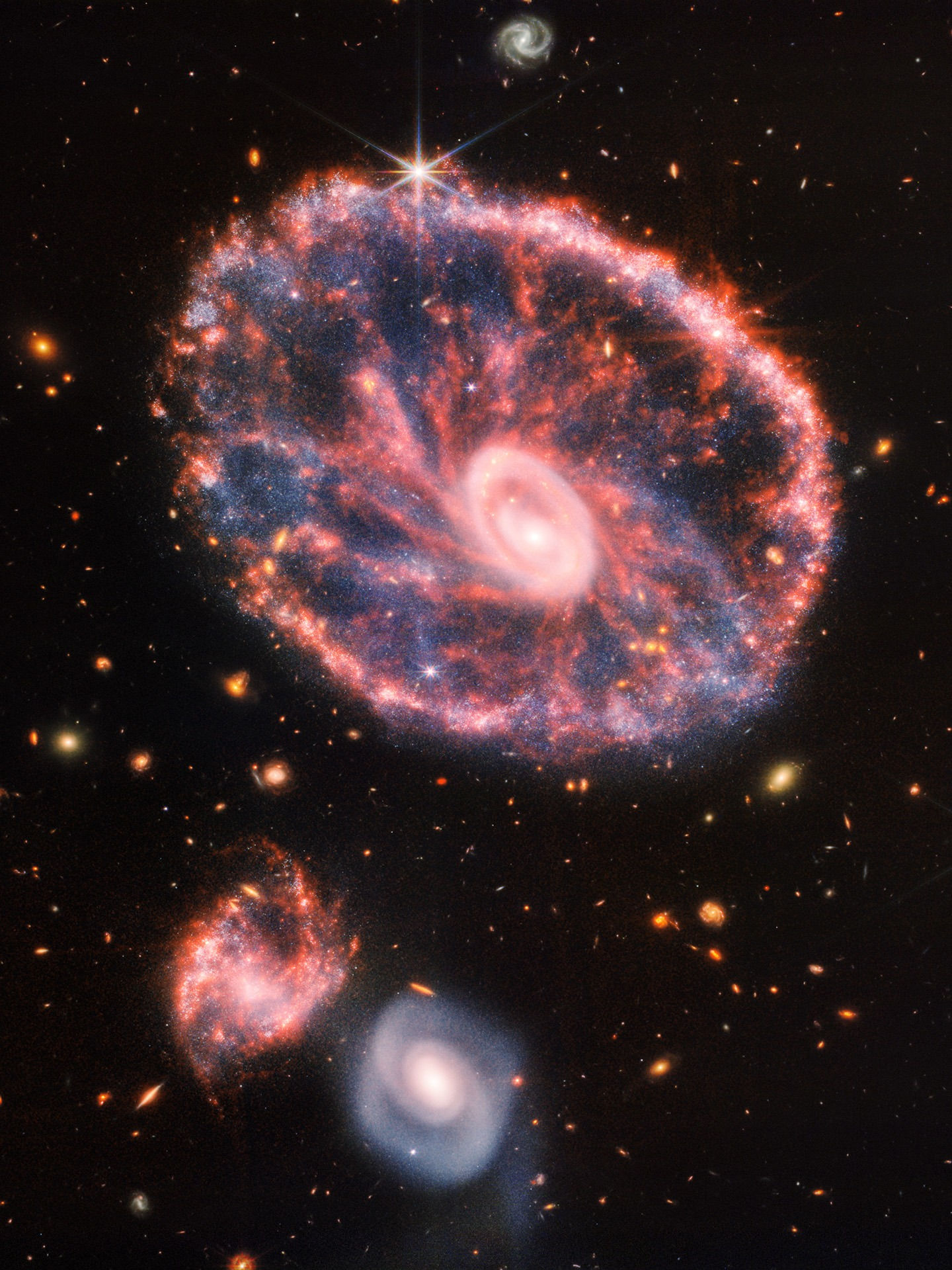Metaphysics is a branch of philosophy that deals with the nature of reality and the fundamental nature of the universe. It explores questions about the nature of existence, causation, and the ultimate nature of reality. Some of the main topics of metaphysics include ontology, which is the study of being and existence; epistemology, which is the study of knowledge and how we come to know things; and teleology, which is the study of purpose and the end goals of natural processes. Metaphysics is often considered to be a broad and abstract field of study, and it can encompass a wide range of philosophical questions and theories. Some of the key figures in the history of metaphysics include Plato, Aristotle, René Descartes, Immanuel Kant, and Gottfried Wilhelm Leibniz. Metaphysics is often considered to be a foundational field of philosophy, as it deals with some of the most fundamental questions about the nature of reality and our place in the world. It has influenced and been influenced by many other fields of philosophy, including ethics, logic, and aesthetics.
Metaphysical stories are stories that explore philosophical and spiritual themes, often dealing with the nature of reality, consciousness, and the meaning of life. Here are a few examples of famous metaphysical stories:
"The Matrix" - This science fiction film, released in 1999, tells the story of a computer hacker who discovers that the world he knows is actually a simulated reality created by sentient machines to distract humans while their bodies are used as an energy source.
"The Alchemist" - This novel, written by Paulo Coelho, tells the story of a young shepherd named Santiago who embarks on a journey to find his personal legend and discovers the true nature of the universe along the way.
"The Divine Comedy" - This epic poem, written by Dante Alighieri in the 14th century, tells the story of the poet's journey through Hell, Purgatory, and Heaven and is considered a masterpiece of medieval literature.
"The Little Prince" - This novella, written by Antoine de Saint-Exupéry, tells the story of a young prince who travels from planet to planet and encounters a series of strange and memorable characters, ultimately learning about the nature of love and friendship.
"Siddhartha" - This novel, written by Hermann Hesse, tells the story of a young man named Siddhartha who embarks on a spiritual journey in search of enlightenment, encountering a series of mentors and challenges along the way.
"The Tibetan Book of the Dead" - This ancient text is a guide to the intermediate state between death and rebirth and is considered a classic of Tibetan Buddhist literature.
"The Tao Te Ching" - This ancient Chinese text is a collection of poems and teachings attributed to the sage Lao Tzu and is considered a classic of Taoist literature.
"The Bhagavad Gita" - This Hindu scripture is a dialogue between the prince Arjuna and the god Krishna and is considered one of the most important texts in Hinduism.
"The Art of War" - This ancient Chinese text, written by Sun Tzu, is a treatise on strategy and military tactics and has been widely studied and influential for centuries.
While metaphysics and physics both deal with fundamental questions about the nature of the universe, they approach these questions from different perspectives and use different methods. Metaphysics is concerned with abstract philosophical concepts and theories, while physics is focused on empirical observations and the development of mathematical models to describe and predict the behavior of the natural world. Despite their differences, metaphysics and physics have often influenced each other and have sometimes overlapped in their subject matter. For example, some philosophers have used insights from physics to inform their metaphysical theories, and some physicists have grappled with fundamental philosophical questions about the nature of reality in their work.




